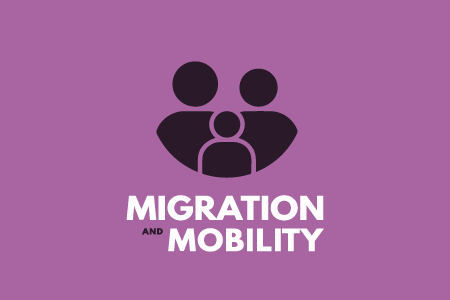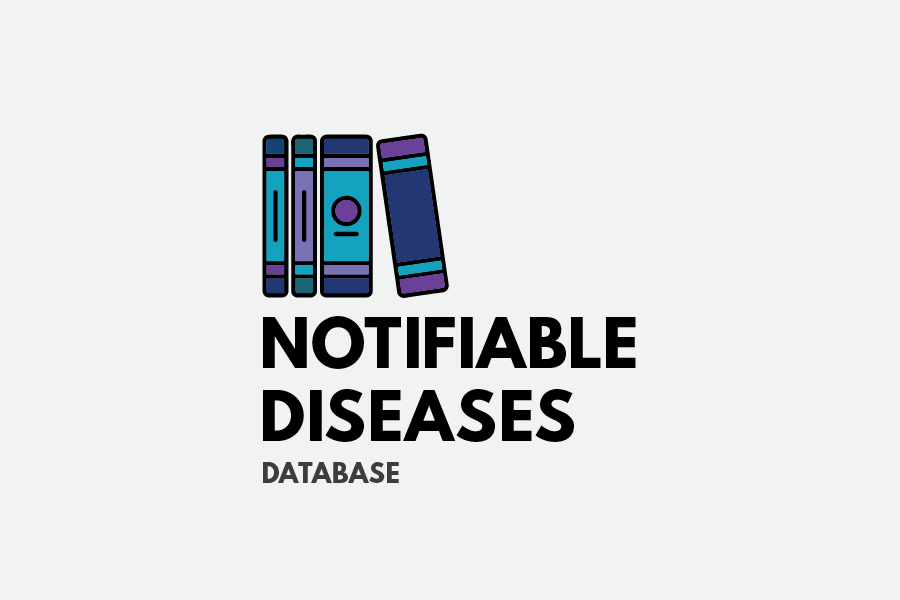Emerging Diseases and Outbreaks
NCCID aims to provide the most recent information available on emerging infectious diseases. An emerging infectious diseases is one that appears in a population for the first time, or that may have existed previously, but is spreading to new areas or has rapidly increasing incidence or geographic range. Outbreaks are the occurrence of disease cases in excess of what would normally be expected for a community, geographical area or season.
Tuberculosis
Despite being uncommon in Canada, tuberculosis (TB) remains a public health challenge in this country. NCCID is helping eliminate TB in Canada by getting the best knowledge about the disease to people working in our health system, in community and government, and in other key areas.
Mathematical Modelling and Big Data
Mathematical modelling is a research method that can improve public health planning and infectious disease control. Through complex simulations of real-world possibilities, research using mathematical models and Big Data are cost-effective ways to assess optimal public health interventions.
HIV/STBBI Prevention and Control
NCCID’s HIV and sexually transmitted and blood-borne infections (STBBI) projects aim to provide more strategic, coordinated and integrated approaches in Canada through the translation and exchange of knowledge between researchers, policy makers and practitioners.
Antimicrobial Use and Resistance
Antimicrobial resistance (AMR) refers to changes in infectious organisms (viruses, bacteria, fungi and parasites) so that they can no longer be controlled or treated effectively by standard drugs such as antibiotics, antivirals and antifungals. AMR is an increasingly serious threat to public health and NCCID is working with partners across the country to provide evidence and resources on AMR, stewardship (AMS) and antimicrobial use (AMU).
Migration and Mobility
Population movements—from global migration to community displacement—contribute to the emergence and re-emergence of infectious diseases in Canada.
NCCID supports knowledge translation in fast-growing areas of refugee, evacuee, and migrant workers’ health to bring current evidence and information to public health practitioners and policymakers.
Prevention by Vaccine
NCCID supports public health efforts to improve prevention by vaccines and immunizations, including approaches to vaccine confidence.
Notifiable Diseases Database
Every Canadian province and territory has legal requirements for reporting certain infectious diseases. Reporting requirements are usually outlined in legislation, and the list of conditions that must be reported is usually outlined in regulations. The Notifiable Disease Database (NDDB) is a compilation of case definitions and reporting requirements in all Canadian provinces and territories.
Diseases Debriefs
NCCID Disease Debriefs provide timely and up-to-date knowledge of emerging and re-emerging infectious diseases for Canadian public health audiences. Disease Debriefs connect readers to clinical and public health guidance, evidence, and other sources of information.









